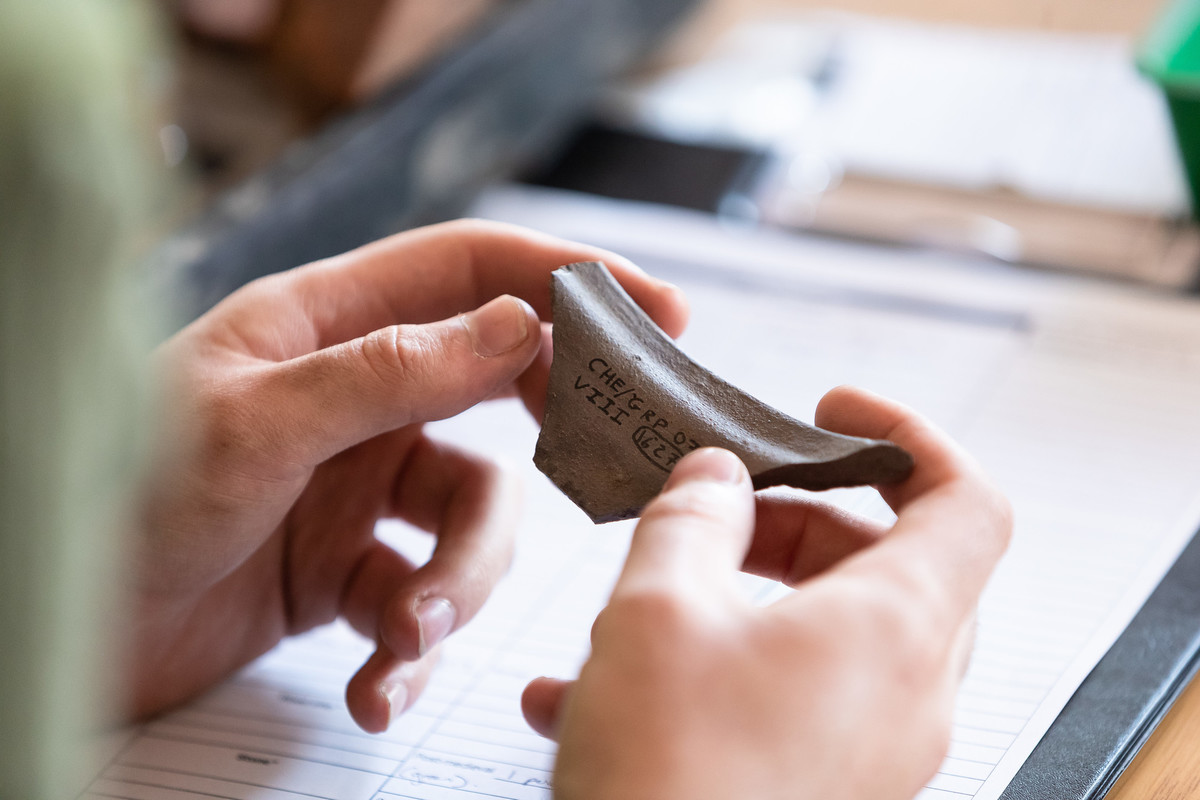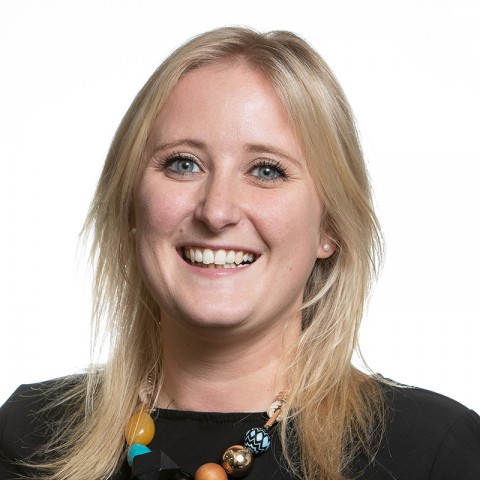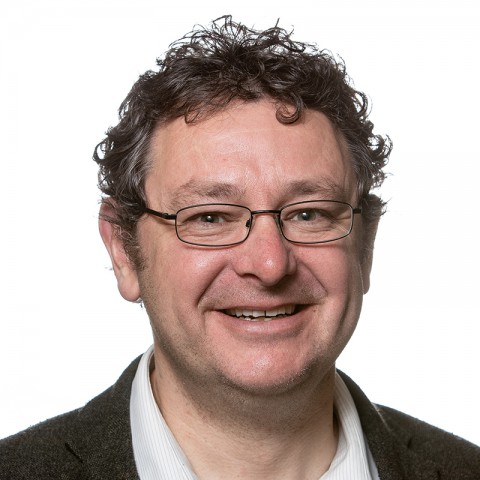This module interrogates specialist approaches to a shared endeavour of history, archaeology and heritage studies: to tell the story, and to critique the stories we tell, about past worlds. In the 21st century this now encapsulates a host of digital and virtual environments as well as more traditional engagements with tangible spaces and places. Material culture studies and social memory are pivotal concepts in this innovative field, allowing us to explore how people create the past through their engagements with physical as well as digital environments.
Tackling these critical approaches outside of traditional subject-specific silos, through this module you will engage with interdisciplinary and specialist frameworks to enhance your chosen Master’s pathway. Here you will have the opportunity to work with dedicated members of staff to explore topics in depth and to develop your skills as a professional in your particular field. The module allows you to explore a wide range of chronological and geographic landscapes and environments, virtual or physical, through one of two critical lenses, either:
- Tangible pasts: exploring landscape, material culture and memory in the past and present (incorporating archaeological, historical and heritage theory, method and practice)
- Digital pasts: evaluating and utilising digital and virtual environments for public history, heritage and public archaeology.
Students studying the MA Death and Memory pathway will explore the rich interdisciplinary and growing research field of social memory in relation to landscapes past and present. Using case studies from different periods and places, from prehistory to the contemporary world, current debates on landscapes and memory are considered and interrogated, focusing on how people construct and reproduce their sense of history and social memory through space and place. Applications in archaeology, medieval and modern history, and heritage studies, are the primary foci.
Students studying the MA Public Archaeology pathway will explore themes and debates in digital methods of outreach and engagement, developing the skills and knowledge to undertake participatory research in History and/or Archaeology. You will explore the use of digital 'citizen science' research methods, the application of social media and digital technologies for outreach and engagement, as well as examine history and archaeology in, and as, contemporary digital popular culture.
Students on the MSc Museums and Heritage Practice or MA History pathways may choose either of these topics to suit their interests and professional development.






